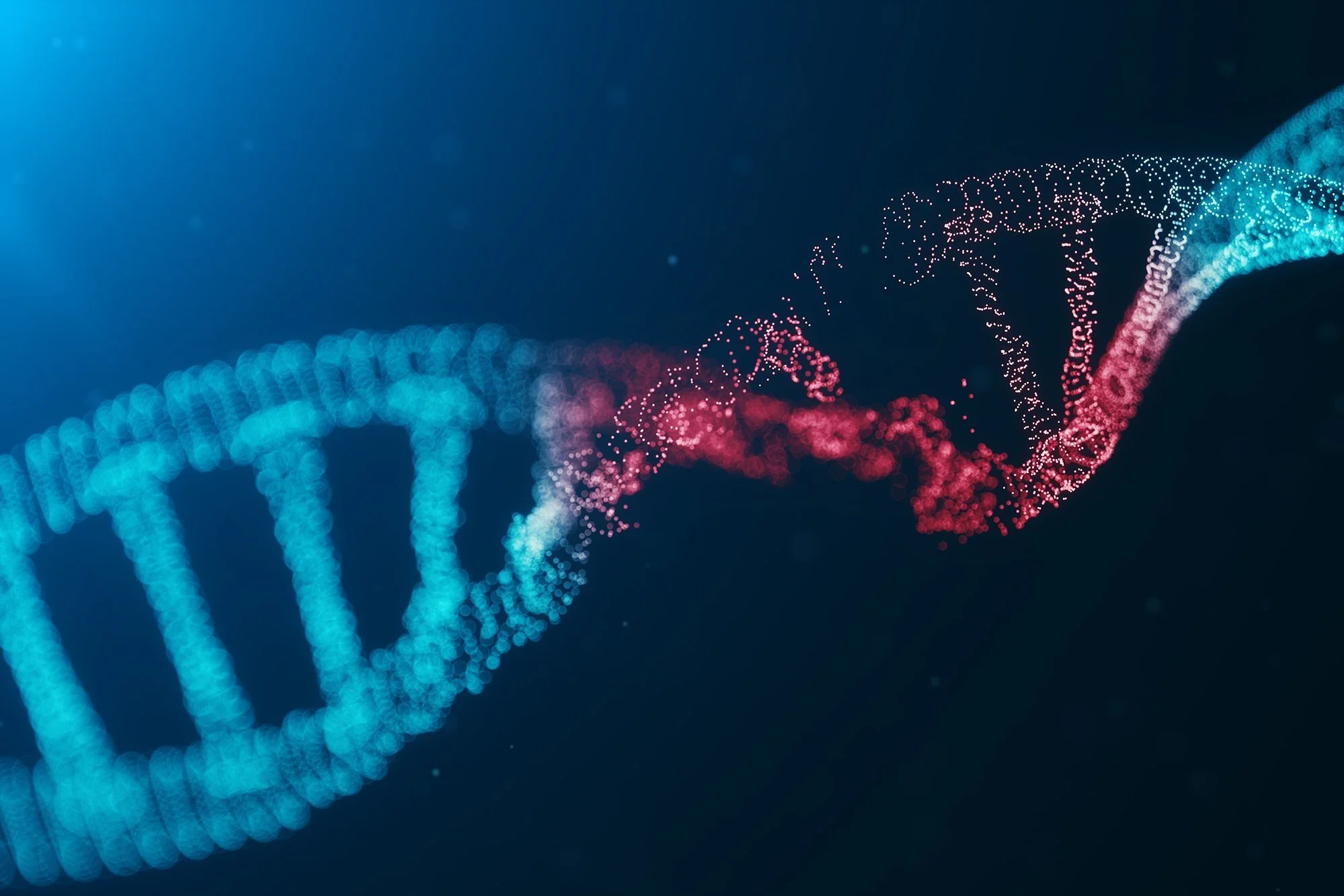
Fact 1
Prebiotic forces cannot create the basic DNA or RNA structure.
FOUR MOLECULES are needed for life: nucleotides, carbohydrates, proteins, and lipids. Nucleotides which are composed of a trimeric nucleobase-carbohydrate-phosphate combination, and once polymerized, constitute DNA and RNA. Five different nucleobases comprise the entire alphabet for DNA and RNA.
Dr. James Tour, a synthetic organic chemist, has been highly critical of current research on the origin of life, particularly regarding the difficulties of forming nucleotides under prebiotic conditions. Here are some key points he emphasizes:
1. Lack of Plausible Prebiotic Pathways
Tour argues that no known prebiotic synthesis provides a realistic pathway to form nucleotides—molecules that make up RNA and DNA—under early Earth conditions. He highlights that forming nucleotides requires multiple specific chemical steps, each needing precise conditions (e.g., pH, temperature, and concentration of reactants), which are difficult to envision occurring spontaneously.
2. Nucleotide Complexity
Nucleotides are composed of a nitrogenous base, a sugar (ribose or deoxyribose), and a phosphate group. Tour explains that assembling these components in a prebiotic setting is fraught with challenges. For example:
Ribose, the sugar in RNA, is unstable and difficult to form in significant quantities.
The attachment of the phosphate group to the sugar-base combination to form a nucleotide is highly improbable without enzymes.
3. Chemical Incompatibility
Tour stresses that the chemical conditions required to form different components of nucleotides (bases, sugars, phosphates) are often mutually exclusive. This means that conditions favoring the formation of one component would likely destroy another.
DNA and RNA require enzymes, DNA and RNA Polymerase to form. If you don’t have the complex enzymes, then you can’t make the DNA and RNA.
In his discussions, Dr. James Tour often highlights the critical role of enzymes in biochemical processes, particularly in nucleotide synthesis and polymerization, and emphasizes how the absence of enzymes in prebiotic conditions poses a significant challenge to origin-of-life theories. Here are some of his points on enzymes:
1. Essential for Nucleotide Synthesis
Enzymes are required for assembling nucleotides efficiently. In modern cells, specialized enzymes catalyze every step of nucleotide synthesis, ensuring specificity and high yield. Without enzymes, forming nucleotides is extremely difficult due to the lack of reaction control.
2. Polymerization Challenge
Even if nucleotides were available prebiotically, linking them into long chains (like RNA or DNA) without enzymes is highly problematic. Tour explains that in biological systems, enzymes drive this process with precision, while in a prebiotic setting, uncontrolled polymerization would result in random, non-functional chains.
3. Energy Management
Enzymatic processes manage the energy required for forming bonds. Without enzymes, energy transfer is difficult, and spontaneous formation of the phosphodiester bonds that link nucleotides would be extremely unlikely.


